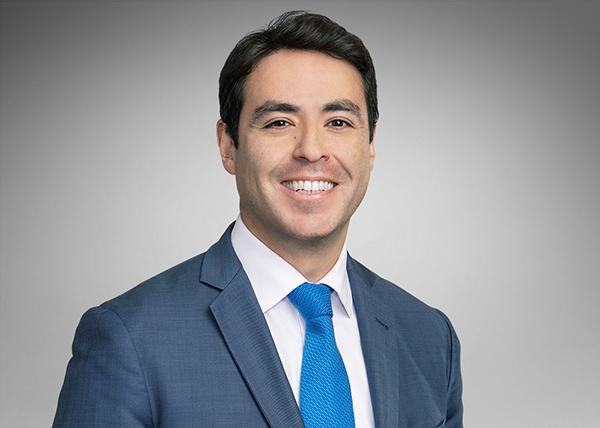Kevin Otero is quoted in Law360 regarding the global tax approach introduced by the OECD proposing to transition from the arm’s-length principle to a two-pronged approach. In reference to the uncertainty surrounding the release of the final agreement next month, Kevin notes a specific with Pillar One and Amount A, that “jurisdictions are trading certainty for the removal of digital services taxes, or DSTs, that are hanging over various companies.” He adds perspective from the position of other jurisdictions, such as the U.S., “if you're trying to aid companies to avoid the DSTs, you adopt Amount A and Pillar One in the hope that the DSTs are withdrawn.”
Kevin comments on the potential discord surrounding the apportionment of Amount A across various countries. He explains that a jurisdiction may have reaped very little tax due to the current rules, which are based on physical presence. He says, “Even though it might have access to an increased amount under Pillar One, it still might ask why other jurisdictions are getting certain amounts in some cases. The dispute resolution process outlined by the OECD is going to put pressure on that situation.”
He explains, “you could be exchanging one form of complexity for another. But the theory is that perhaps the yield mostly smooths this out and then it's just a matter of negotiating on the margins between jurisdictions through these dispute resolution mechanisms."
The potential expansion under Amount A will be a lengthy transition and likely not be implemented for a long time. Kevin notes that before countries “seek to expand Amount A depending on the revenue yield of Pillar One and whether they think that amount addresses the issues that gave rise to this effort in the first place”, Amount A first has to be enacted.
This process, he notes, will take years to implement, “and then countries will have to let it play out before assessing the results.”
"It's a pretty monumental achievement to get to the point that they've gotten to so far,” Kevin said, “and they're on the cusp of something pretty historic. But there's still a long way to go in terms of landing on consensus and then implementing it and then tweaking it after that."
Back
Back




